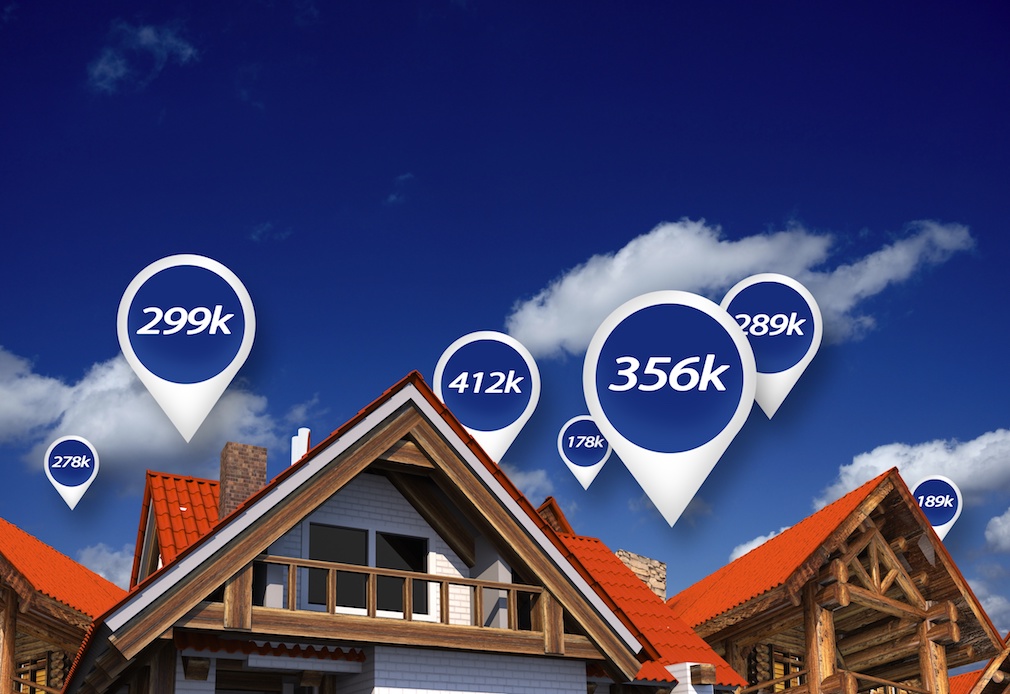Home prices reached historic lows following the Great Recession, an economic downturn so volatile that homeowners across the country experienced significant declines in their home values.
Now, 10 years after the slowdown, real estate brokerage company Redfin claims homeowners who purchased a home following this period have now seen their home equity climb by 261%.
In order to measure this gain, Redfin assumed that the down payment used to purchase a home in 2012 was also equal to its equity.
According to the company’s findings, people who bought homes in 2012 –the year prices reached their lowest point following the economic slowdown – have earned a total of $203 billion in home equity.
For the typical 2012 homebuyer who started off with $54,000 in home equity, that translates to a gain of $141,000, which amounts to $195,000 today.
Daryl Fairweather, Redfin’s chief economist, said Americans who refrained from purchasing a home back in 2012 are now having a harder time with housing affordability than those who took the risk 10 years ago.
“The opportunity to build wealth through home equity when prices hit their low point was available only to a fortunate subset of Americans who had enough cash for a down payment,” Fairweather said. “And now many people who weren’t able to buy into homeownership during that window of time find themselves on the other side of the housing market coin: Many areas are just plain unaffordable for people who don’t have equity built up to trade in for a new home.”
That being said, Fairweather asserts that homebuyers who are now hoping to buy a home when the next recession hits, probably won’t be as lucky as those in 2012.
“Even if home prices do come down slightly, the housing market won’t be impacted nearly as much as it was during the Great Recession and home equity gains won’t be nearly as big,” Fairweather said.
Earlier this year, a panel of more than 100 housing experts and economists announced they expected the nation’s next recession to hit as early as 2020.
Redfin says the housing market, which remains strong, is unlikely to be a culprit or victim of the next recession. However, the company warns that doesn’t mean the industry will go unscathed.
“Whether it happens this year, next year, or in 10 years, another recession is inevitable,” Redfin writes in a report. “Regardless of when it comes, it’s unlikely to have a large negative impact on the real estate market.”
Nonetheless, Redfin claims that some housing markets are more at risk of a housing downturn than others.
According to the company, Riverside, California; Phoenix and Miami have the highest risk of a housing downturn in the next recession. Homeowners and sellers in these markets, like many around the country, risk the loss of financial security.
“If the U.S. enters a recession in the next two years, it will likely be caused by the global trade war,” Fairweather said in a statement. “U.S. industries that rely on exports, like the automotive industry and the agricultural industry, would be the most vulnerable and susceptible to layoffs.”
“Homeowners who are laid off may not be able to continue covering their monthly mortgage payment and may be forced to sell their homes,” Fairweather continued. “And would-be homebuyers won’t feel so confident about making a big purchase when they don’t feel confident about their job security or their financial wellbeing.”






